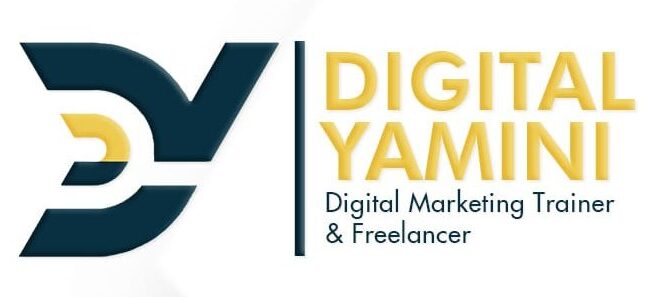Digital Marketing Trends You Must Follow in 2021
- Post author:Digital Yamini
- Post published:July 5, 2021
- Post category:Digital Marketing
- Post comments:0 Comments
Digital Yamini
Digital Yamini is the Google certified Digital Marketing CorporateTrainer. Best Digital Marketing trainer & Freelancer in Delhi NCR.



